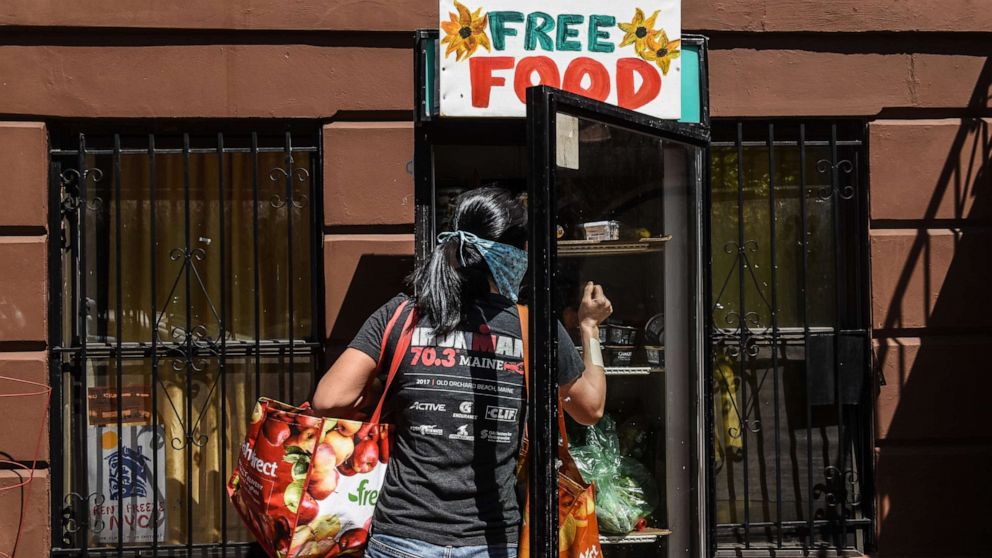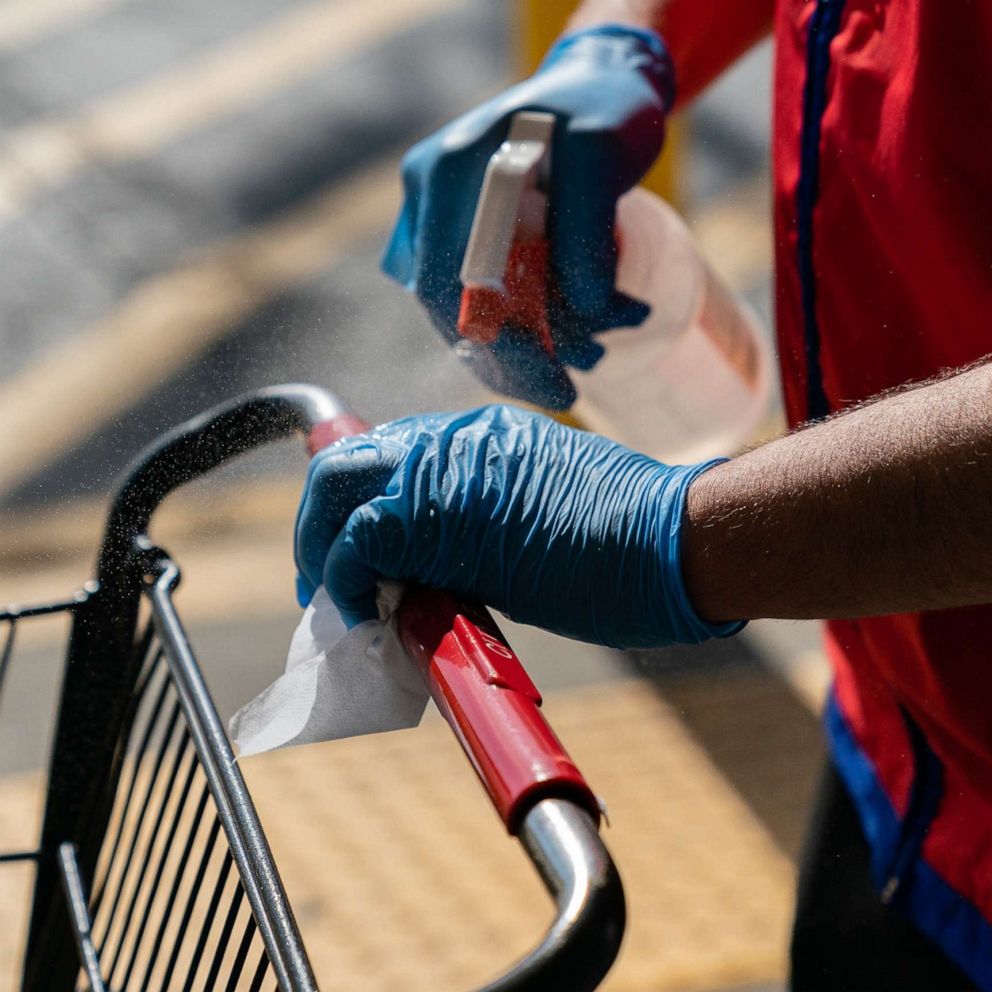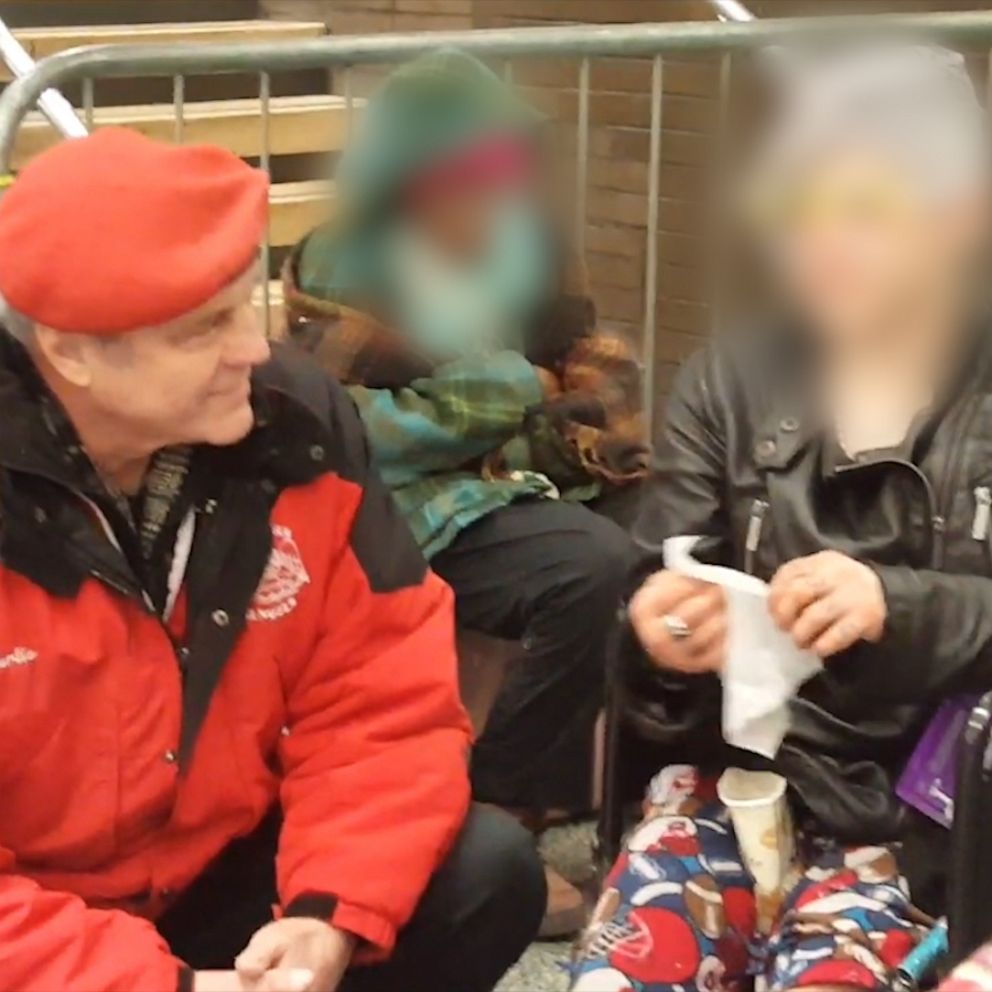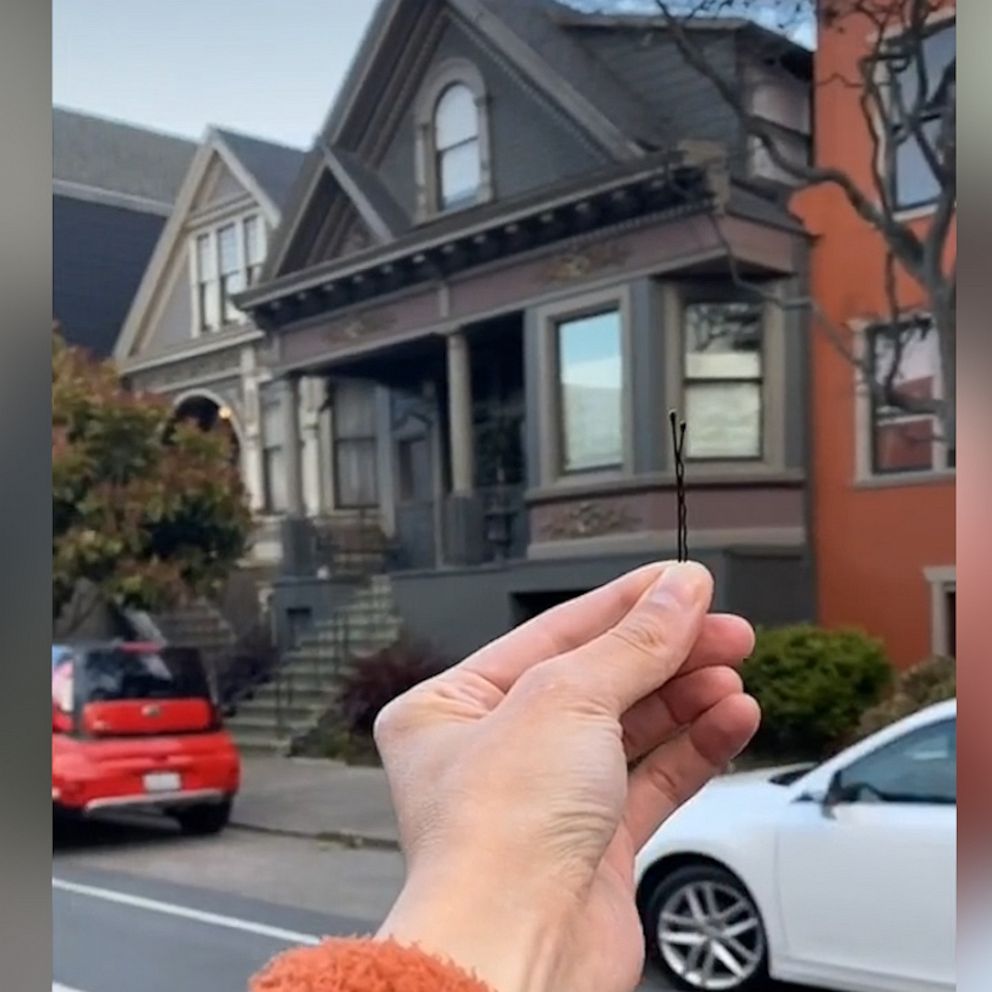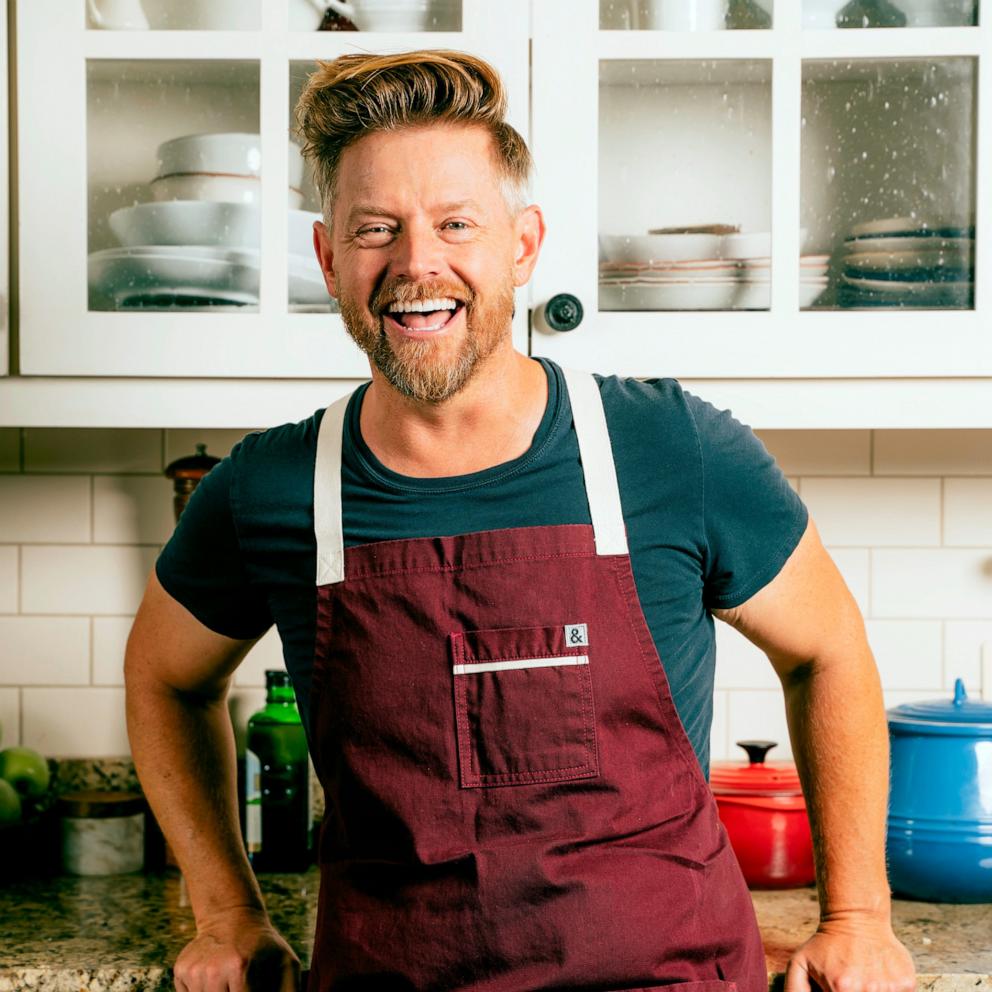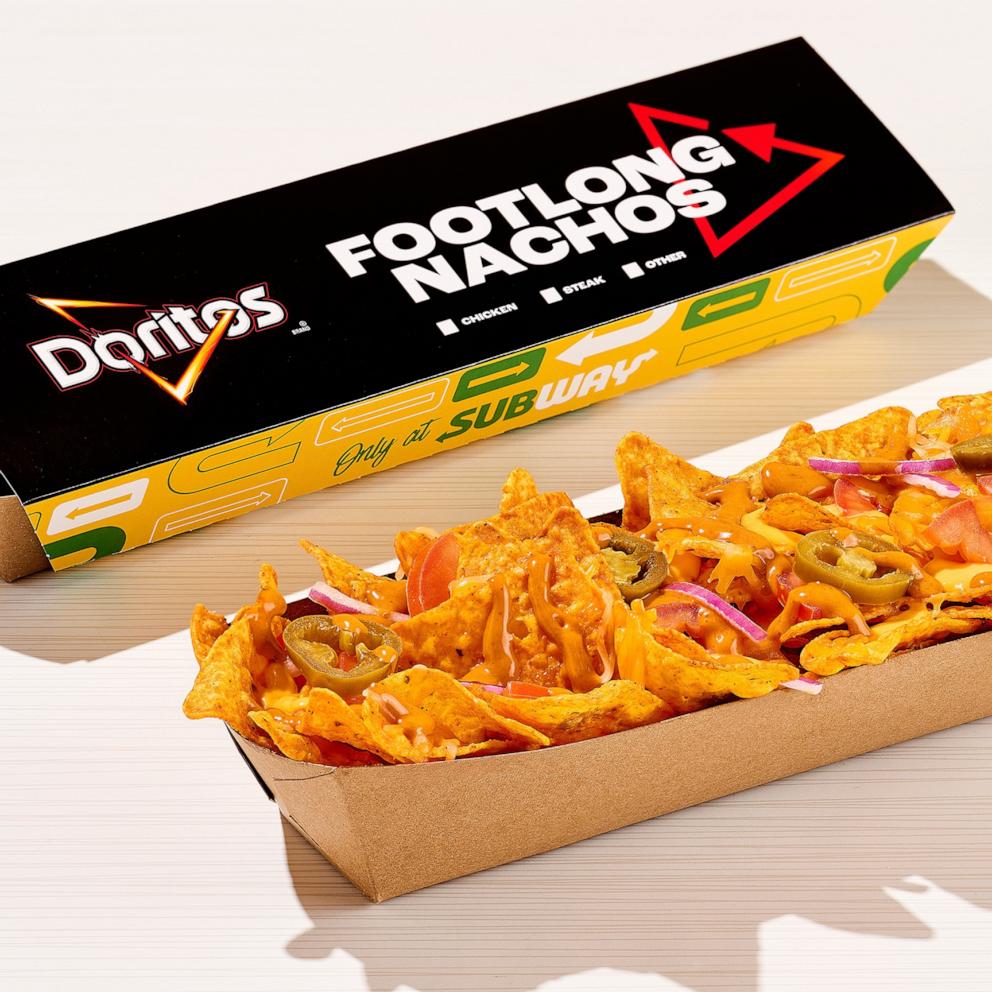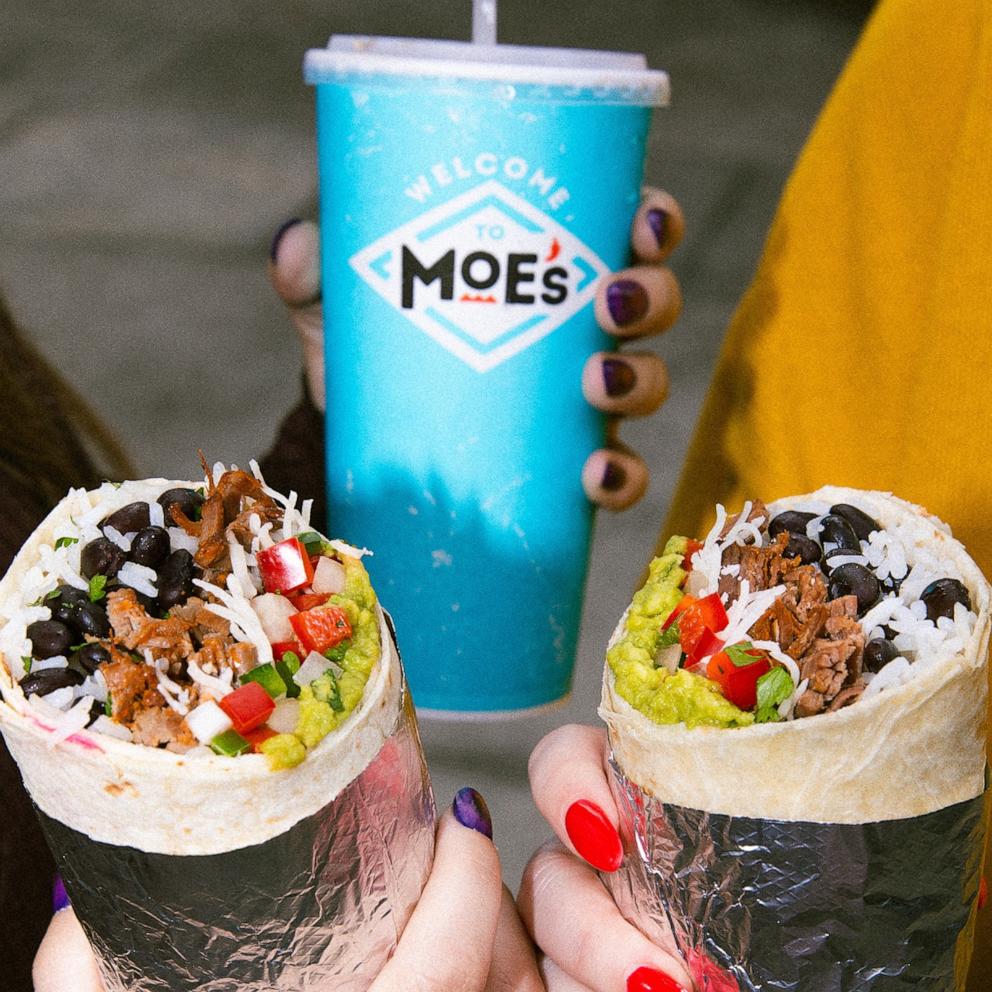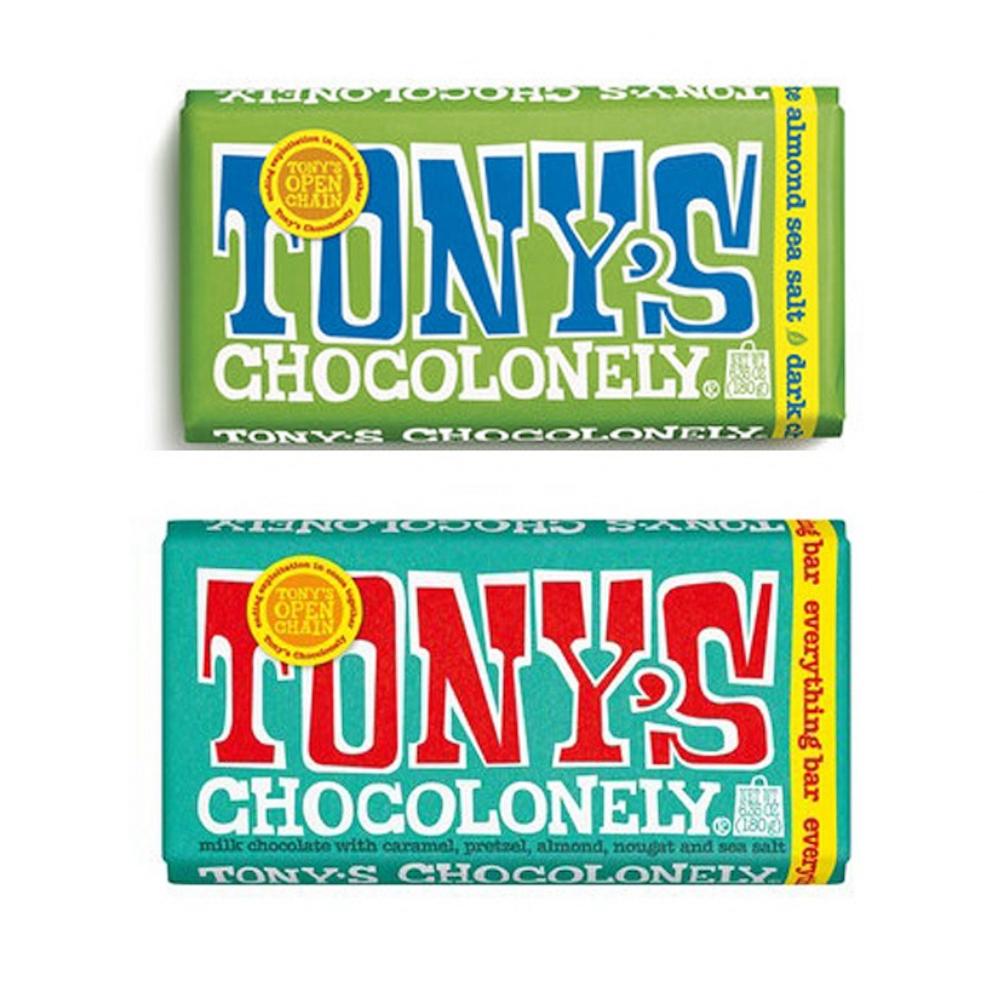Fridges filled with free food are popping up around New York City to combat food insecurity
May 18 is normally a somber day for Selma Raven. Seven years ago her 21-year-old son Michael, a passionate health food advocate known for his “no one should go hungry” mantra, died. But on this year’s anniversary, sadness turned to inspiration after Raven’s partner, Sara Allen, scrolled through Instagram and saw a community fridge filled with crisp apples and butter lettuce underneath a simple sign, "free food."
“It was a sight Micheal would have loved,” Raven said. “We decided to investigate.”
The couple, who live in the Bronx, bought a refrigerator together that same day and went grocery shopping. Shortly after and with permission, they set up shop outside a locally owned storefront. Every day for the past six weeks, they spend 45 minutes stocking the fridge with donated eggs, potatoes and spinach among others-- careful to mind their business as hungry neighbors get off the popular Van Cortlandt Park subway stop, curious to see what’s for dinner.
“Take what you need, leave what you can,” Allen said. “It’s a phrase that was painted on the front by a Bronx artist a few days ago and it really hit home. This is our community taking care of itself.”
Refrigerators full of free food have been popping up all over the place in New York City. From Harlem to Brownsville, sidewalks outside bodegas and apartment buildings have been converted into help-your-self pantries for those in need.
Food insecurity is nothing new for New Yorkers, but as a citywide stay-at-home order continues while the global coronavirus pandemic rages on-- many residents remain out of a job, struggling to make ends meet.
"We're dealing with an unprecedented crisis,” Mayor Bill de Blasio said during a May press conference. “Before the coronavirus, we thought somewhere around a million people were food insecure and needed food. Now we think that number is two million or more."
That means nearly one in four New Yorkers is food insecure-- a reality Allen and Raven know too well.
“We see a lot more need at the end of the month,” Allen said. “Sometimes it goes so quickly, the fridge is empty by three o'clock. People are trying to make rent and it can come down to a bag of groceries or keeping the roof over your head.”
The couple’s fridge is one of at least 15 spread out among the boroughs working in tandem with In Our Hearts, a grassroots organization focused on “building a culture of resistance” to combat “food insecurity” and foster “stronger bonds between neighbors.”
“This isn't an act of charity,” said Thadeaus Umpster, an organizer with In Our Hearts. “We're not offering handouts, just sharing what we have extra of. It's an act of solidarity and is very mutual. I eat this food too.”
Umpster organized the group’s first community refrigerator in February after snagging it off Craigslist for free. He originally grabbed the fridge for a common area in his building, but was too bulky to get through the front door.
“I plugged in the fridge outside my apartment and stuck a sign on that said ‘Free Food,'” Umpster said. “Within a couple hours, the fridge was half empty. Made me realize the need was even greater than I imagined, but also this is something that works for people.”
There are no long lines, ID checks or limits on the amount of food taken. Neighbors took notice and began stalking the fridge on their own. Food comes from community gardens, two for one specials at the grocery store or extra helpings after family dinner. Mothers, the elderly, home attendants, postal workers and the unemployed have all flocked to pick up a few things, Raven said.
As the weeks went by and the pandemic only worsened, more and more people wanted to get involved with their own setup. Umpster guided locals in other neighborhoods with a hands-off approach, seeming to highlight the need for boots on the ground if a fridge is to be successful.
“Our role is to help people get set up, then we're out,” Umpster said. “Once a community takes over and is managing the fridge themselves, we don't need to be involved. We'll support where we're needed, but we're all focused on our own neighborhoods.”
That focus still involves large scale organization at times. A list of 180 volunteers spread out among 15 fridges are in constant communication with one another, coordinating large delivery distributions. The goal is to keep each fridge stocked around the clock, Umpster said.
Recently Umpster found himself constantly answering calls and DMs from people around the globe, all asking for help on their own projects. Based on all the interest, In Our Hearts posted a “DYI Free Fridge” guide on its Instagram story highlights for anyone looking to start one.
“We now have three operating in Oakland, one in Los Angeles,” Umpster said. “If someone wants to start something and be a part of In Our Hearts, that can happen, but also just start a fridge without us and we'll support you. We're not promoting a group or organization, just trying to share food.”
That shared food appears to build a sense of community with each bite.
“I raised kids here, but never have we come together on this scale before,” Raven said. “We have people from the synagogues, churches, local pantries, running groups. It's really connecting people, even with social distancing.”
